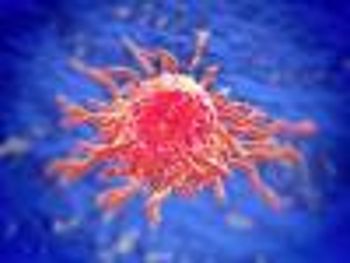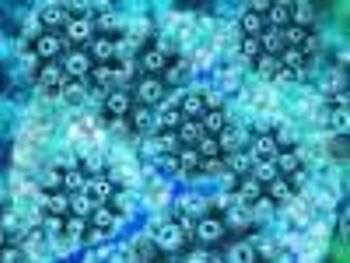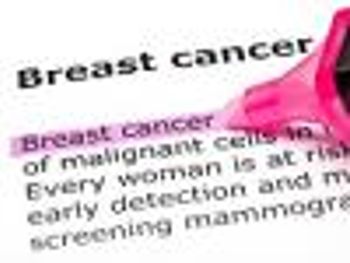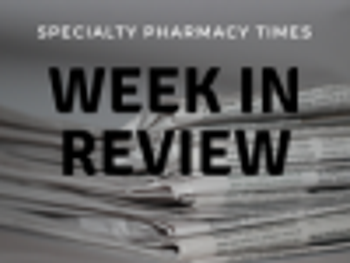
In the United States, cancer is responsible for more than half a million deaths annually and is the second-leading cause of death, after cardiovascular disease

In the United States, cancer is responsible for more than half a million deaths annually and is the second-leading cause of death, after cardiovascular disease

A combination VEGFR-2 inhibitor plus an anti–PD-L1 agent demonstrated antitumor activity in patients with previously treated advanced gastric or gastroesophageal junction adenocarcinoma.

Cabometyx found to improve median overall survival by 2.2 months in patients with previously treated advanced hepatocellular carcinoma.

Pembrolizumab (Keytruda) combination therapy may improve outcomes for patients with metastatic non-small cell lung cancer.

More than 60% of very elderly patients with stage 3 lung cancer did not receive treatment.

CDC notes link between jump in acute HCV cases and admissions to substance use disorder treatment facilities for opioid injections.

Patients with a high risk of recurrent breast cancer may not receive chemotherapy.

Afatinib (Gilotrif) found to improve overall survival among patients with EGFR-mutated non-small cell lung cancer.

Automated HCV antigen testing has a much faster turnaround time and lower costs.

The Maraba virus combined with an immune checkpoint inhibitor increased triple-negative breast cancer survival in mice.

Thus far there is no intervention that clearly reduces the risk of HCV infection from a mother to her child.

Based on the outcomes of Checkmate-238, the Food and Drug Administration approved nivolumab as adjuvant therapy for the treatment of melanoma.

Olaparib (Lynparza) is indicated to treat HER2-negative metastatic breast cancer with BRCA mutations.

Advancing biomarker research may help determine which patients with non-invasive breast cancer will develop invasive disease.

Ribavirin steady-state serum levels correspond to high rates of efficacy and low adverse effect from direct-acting antiviral drugs for difficult-to-treat hepatitis C virus.

The path to a hepatitis C vaccine is yielded by the virus’ virulent nature and its evasiveness to immune responses.

Conflicting breast cancer treatment guidelines can leave many decisions to the discretion of the provider.

Sofosbuvir/velpatasvir is the first direct acting antiviral therapy registered for use against all 6 genotypes of hepatitis C.

Cisplatin and platinum-based chemotherapies cause hearing loss in up to 80% of adults and more than 50% of children.

Despite the benefits of oral oncolytics, high out-of-pocket costs could put treatment out of reach for patients with cancer.

A small number of liquid biopsy test results from different providers matched for overlapping genetic sequences.

Providing information about breast cancer surgery via an online tool may help patients feel more informed about their treatment options.

The Centers for Medicare and Medicaid Services finalized a ruling that slashes reimbursement rates on drugs that qualify under the 340B program.

Oral regimen of ledipasvir and sofosbuvir for hepatitis C virus shows improved treatment outcomes.

GammaPod system can accurately deliver radiation therapy to breast tumors.

Cigarette smoking played a role in 19% of cancers and 29% of cancer-related deaths in 2014.

Enzymes that protect the immune system may malfunction and provoke cancer-related mutations.

Pembrolizumab plus trastuzumab may overcome drug-resistance among patients with advanced HER2+ breast cancer.

Top news of the week from Specialty Pharmacy Times.

Trastuzumab is an oncology biologic drug that is indicated for multiple types of cancer.